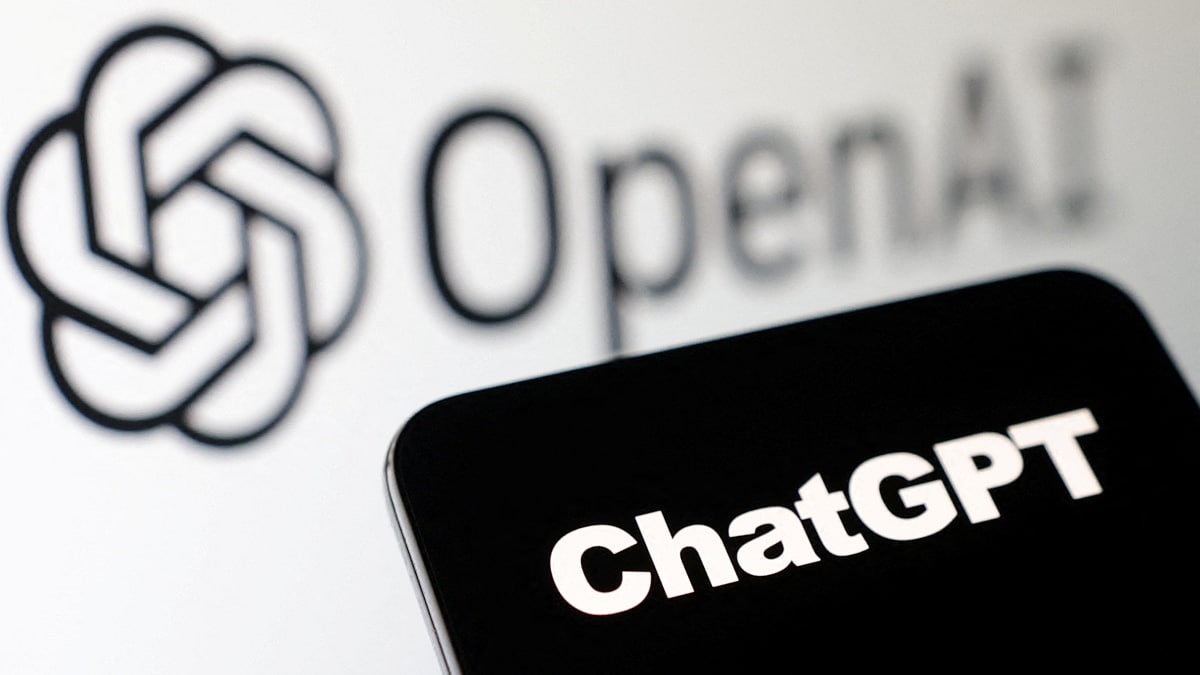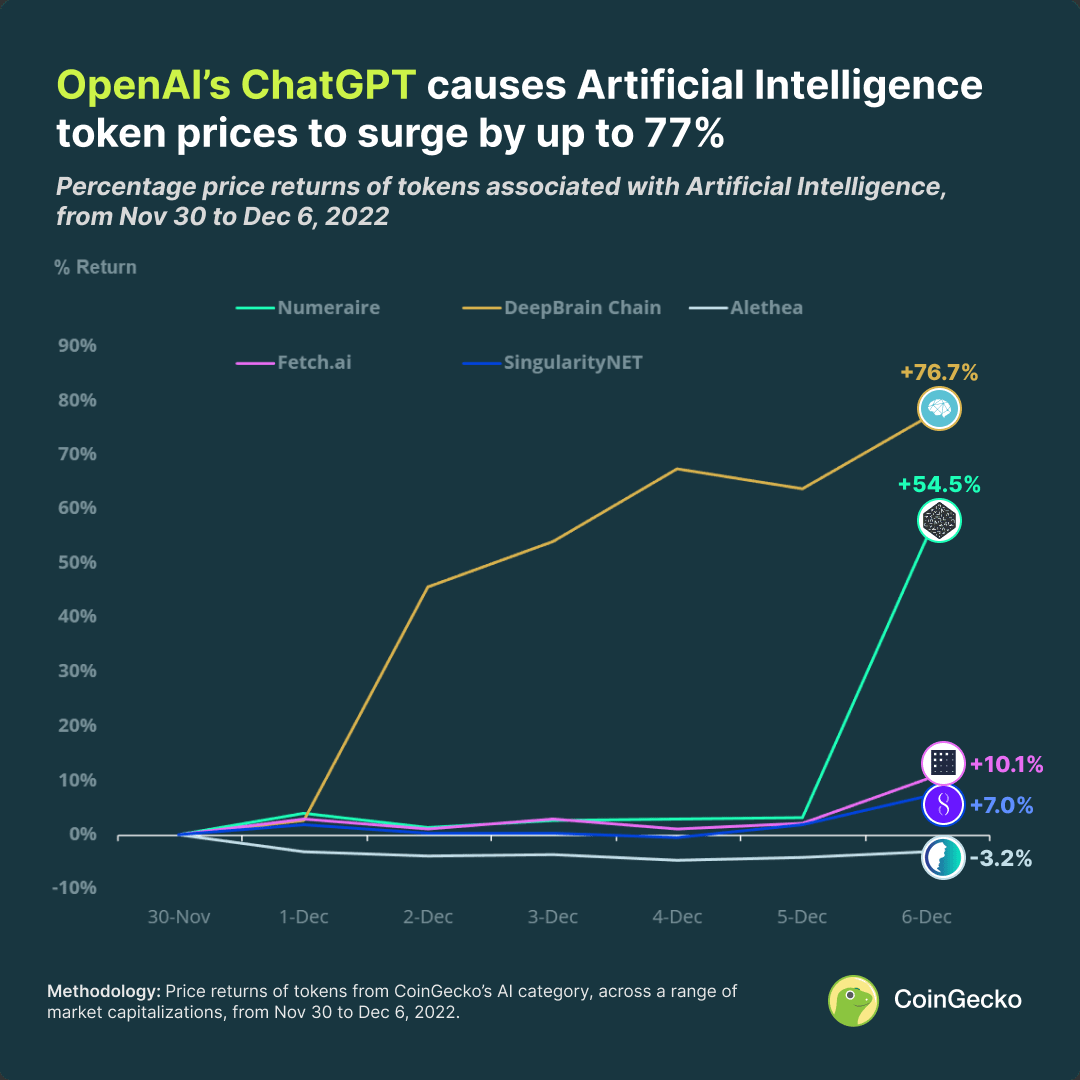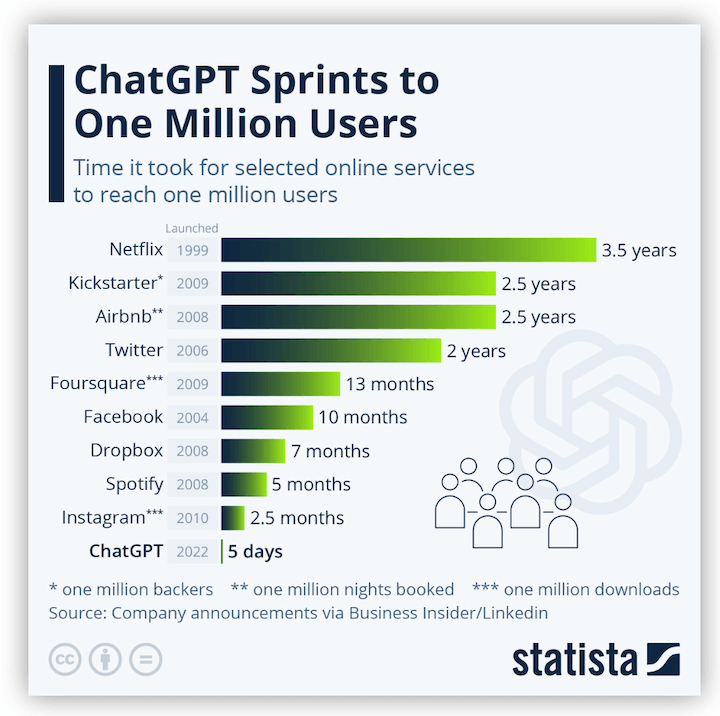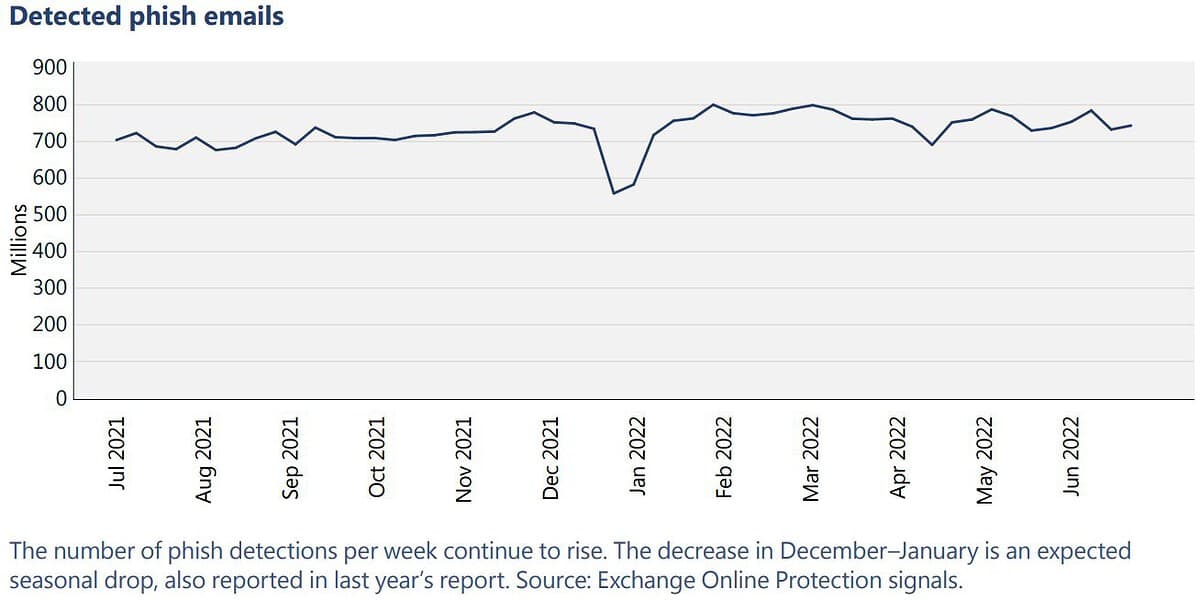FTC Probe Into OpenAI: Examining ChatGPT's Data Practices And User Privacy

Table of Contents
The FTC's Investigation into OpenAI and ChatGPT
The FTC's investigation into OpenAI and ChatGPT stems from growing concerns about potential violations of consumer protection laws. The agency is scrutinizing OpenAI's data practices, focusing on whether the company has engaged in deceptive or unfair practices related to data collection, usage, and security. The FTC's interest is particularly keen on the potential risks posed to user privacy by ChatGPT’s data handling.
The specific concerns raised by the FTC include:
- Unfair or deceptive data collection practices: The FTC is examining whether OpenAI’s methods of collecting user data are transparent and comply with existing regulations.
- Insufficient transparency about data usage: Questions surround how OpenAI uses the vast amount of data collected from ChatGPT interactions. Concerns exist about the lack of clarity regarding how this data is used for training models, algorithm improvements, and other purposes.
- Lack of adequate user consent mechanisms: The FTC is likely investigating whether OpenAI has obtained adequate and informed consent from users regarding the collection and use of their data.
- Potential risks to user privacy and data security: The investigation is examining OpenAI’s security measures to protect user data from unauthorized access, breaches, and misuse. The potential for vulnerabilities within the system is a key area of concern.
While neither the FTC nor OpenAI has publicly released detailed information about the investigation's specific findings, the launch of the probe itself signals significant concerns about the potential impact of ChatGPT on user data privacy.
ChatGPT's Data Collection and Usage Practices
ChatGPT collects various types of user data, including:
- User inputs (prompts, conversations): Every interaction with ChatGPT—from simple questions to complex conversations—contributes to the data OpenAI collects.
- Usage data (frequency of use, features used): OpenAI tracks how users interact with the chatbot, including the frequency of use and the specific features utilized.
- IP addresses: The IP address of users is likely collected, providing some level of location information.
- Location data (depending on integration): If ChatGPT is integrated with other services or applications, additional location data might be collected.
OpenAI uses this collected data to improve its models, enhancing their capabilities and accuracy. This includes training the algorithms on user inputs to refine responses and improve the overall performance of ChatGPT. OpenAI's data retention policies remain a point of scrutiny in the FTC's investigation, with concerns focusing on the duration for which user data is stored and the security measures in place during storage. The transparency of OpenAI's data handling policies is another key element under the microscope.
User Privacy Concerns Related to ChatGPT
Several significant user privacy concerns emerge from ChatGPT's data practices:
- Data breaches and unauthorized access: The sheer volume of sensitive data collected by ChatGPT makes it a potential target for cyberattacks. A data breach could expose user information to malicious actors.
- Misuse of personal information for targeted advertising or profiling: The potential for OpenAI or third parties to misuse collected data for targeted advertising or user profiling raises serious privacy implications.
- Bias and discrimination in model outputs: The data used to train ChatGPT may contain biases, leading to potentially discriminatory outputs. This poses significant ethical concerns.
- Lack of control over data usage by users: Users may not have sufficient control over how their data is collected, used, and protected by OpenAI.
These privacy risks highlight the need for robust security measures and transparent data handling policies by OpenAI. The impact on children's privacy is of particular concern, demanding stricter regulations and protection.
Legal and Ethical Implications of the FTC Probe
The FTC's investigation carries significant legal and ethical implications for OpenAI. If found to have violated consumer protection laws, OpenAI could face substantial penalties:
- Fines and penalties: Significant financial penalties are a possible outcome of the investigation.
- Changes to data handling practices: The FTC may mandate changes to OpenAI's data collection, usage, and security practices.
- Increased regulatory oversight: The investigation could lead to increased regulatory scrutiny of OpenAI and the broader AI industry.
Beyond the legal ramifications, the ethical implications are equally profound. The investigation underscores the need for responsible AI development and the importance of prioritizing user privacy. The case highlights the critical role of regulation in shaping the future of AI and ensuring its ethical deployment. Precedent-setting cases involving data privacy violations provide a framework for understanding the potential outcomes of the FTC’s probe.
Conclusion: Addressing the FTC Probe and Ensuring Responsible ChatGPT Usage
The FTC's investigation into OpenAI and ChatGPT's data practices reveals significant concerns regarding user privacy and data security. The investigation highlights the need for greater transparency, stronger security measures, and more robust user consent mechanisms in the development and deployment of AI technologies. The potential for data breaches, misuse of personal information, and biased outputs necessitates a critical examination of current data handling practices.
To ensure responsible AI usage, it’s crucial to stay informed about the ongoing FTC probe and advocate for stronger data privacy protections concerning AI technologies like ChatGPT. Users should be aware of their data privacy rights and carefully consider the risks associated with using AI tools. Visit the FTC website and review OpenAI's privacy policy to understand your rights and the data handling practices of these technologies. Responsible development and usage of AI requires a collective commitment to protecting user privacy.

Featured Posts
-
 Colorados Trip To Texas Tech Toppin Leads With 21 Points
May 01, 2025
Colorados Trip To Texas Tech Toppin Leads With 21 Points
May 01, 2025 -
 Aventure Cycliste Trois Jeunes Du Bocage Ornais Relevent Un Defi De 8 000 Km
May 01, 2025
Aventure Cycliste Trois Jeunes Du Bocage Ornais Relevent Un Defi De 8 000 Km
May 01, 2025 -
 Arc Raider Returns Tech Test 2 Date Announced Console Players Included
May 01, 2025
Arc Raider Returns Tech Test 2 Date Announced Console Players Included
May 01, 2025 -
 Panthers Draft Strategy How The Eighth Pick Will Shape Their Future Success
May 01, 2025
Panthers Draft Strategy How The Eighth Pick Will Shape Their Future Success
May 01, 2025 -
 Road To 2025 Tonga Qualifies For Ofc U 19 Womens Championship
May 01, 2025
Road To 2025 Tonga Qualifies For Ofc U 19 Womens Championship
May 01, 2025
Latest Posts
-
 Prioritizing Economic Recovery Challenges For Canadas Incoming Prime Minister
May 01, 2025
Prioritizing Economic Recovery Challenges For Canadas Incoming Prime Minister
May 01, 2025 -
 Chat Gpt Vs Google Shopping Open Ais New E Commerce Challenge
May 01, 2025
Chat Gpt Vs Google Shopping Open Ais New E Commerce Challenge
May 01, 2025 -
 Open Ais Chat Gpt Takes On Google Shopping Revolution
May 01, 2025
Open Ais Chat Gpt Takes On Google Shopping Revolution
May 01, 2025 -
 Ohio Derailment Investigation Into Persistent Toxic Chemicals In Buildings
May 01, 2025
Ohio Derailment Investigation Into Persistent Toxic Chemicals In Buildings
May 01, 2025 -
 Office365 Executive Inbox Hacks Result In Multi Million Dollar Loss Feds Report
May 01, 2025
Office365 Executive Inbox Hacks Result In Multi Million Dollar Loss Feds Report
May 01, 2025
